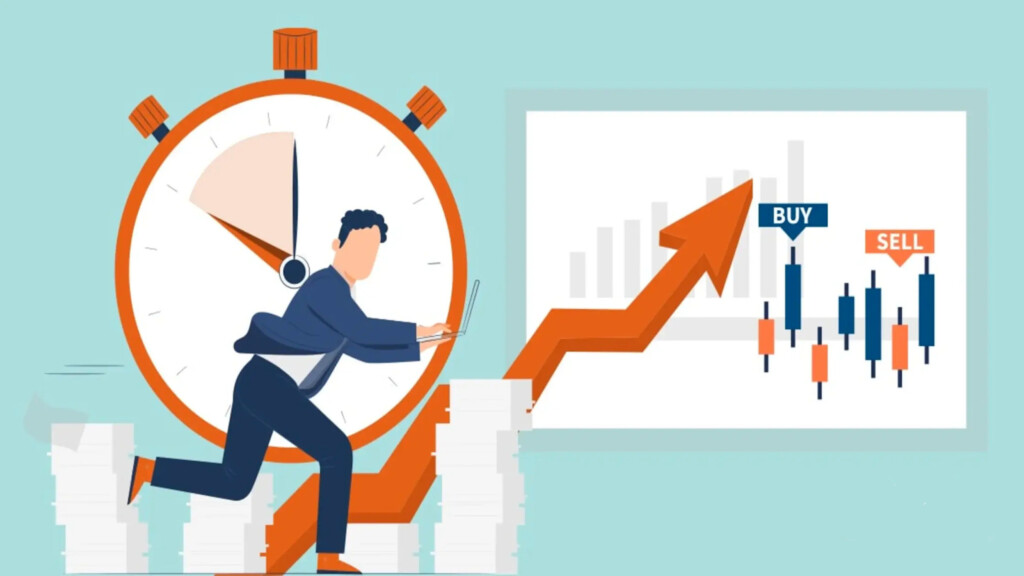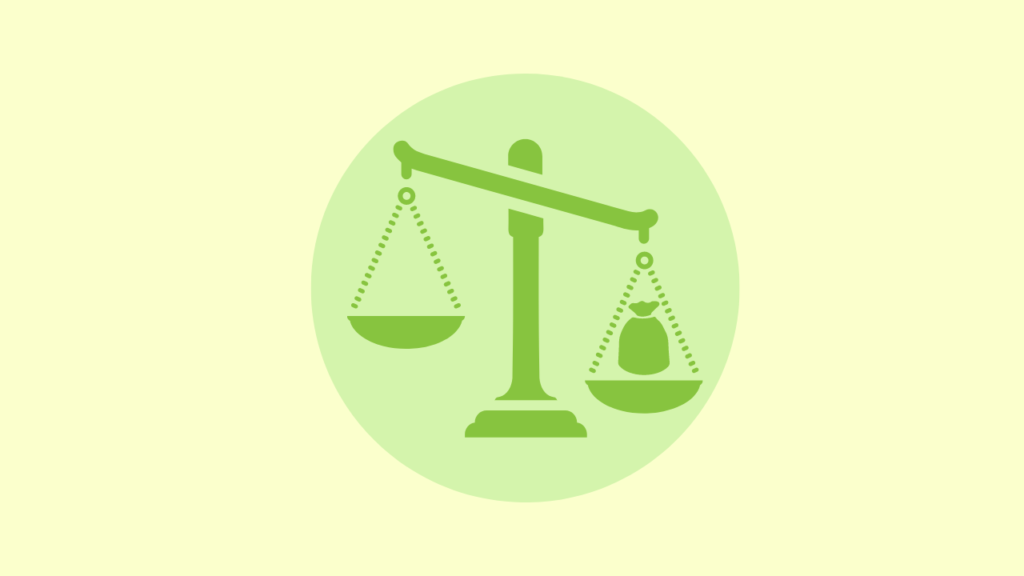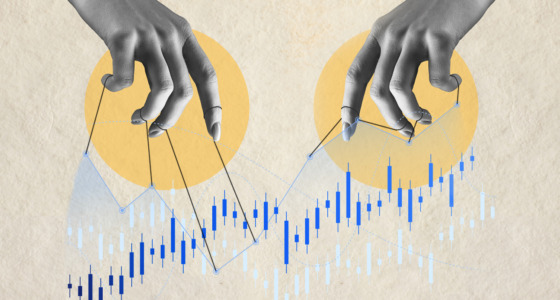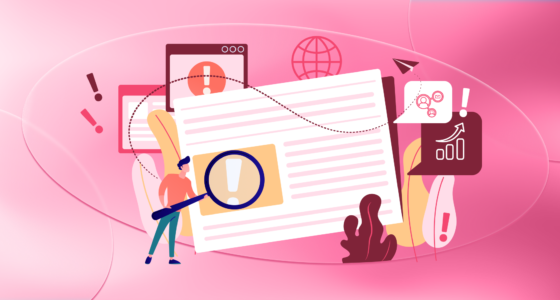

Preparation is the bridge between potential and achievement. Just like in the case of Michael Phelps, who turned his immense potential into a remarkable record of achievements in the pool. He understood that preparation went beyond physical training alone. Phelps would create a detailed mental blueprint of the race, visualizing every aspect from the start to each turn and the finish. He’d think of how the race could go, how he wanted the race to go, and how he didn’t want the race to go.
Aside from professional sports, another area where preparation plays a vital role is in trading and financial markets. If you want to know how to start trading as a beginner, here is how you prepare for it:
1. Find your trading style

While you may have come across this advice before, it’s worth reiterating that finding your trading style is a crucial step that cannot be skipped.
Are you comfortable with high-risk, high-reward trades, or do you prefer a more conservative approach? Are you able to actively monitor the markets throughout the day, or do you prefer longer-term trades? This self-awareness will guide you in finding a trading style that aligns with who you are.
2. Focus on a specific market
Understand the structure, key players, regulatory framework, and historical performance of a particular market. Dive into the factors that impact it, such as economic indicators, geopolitical events, supply and demand dynamics, and market sentiment.
Becoming intimately familiar with a specific market allows you to develop expertise over time. You learn how the market typically reacts to certain events, news releases, or economic indicators. This familiarity provides you with an edge in anticipating market movements and identifying potential trading opportunities.
3. Understand market psychology
Markets can exhibit trends, reversals, and periods of extreme optimism or fear, all driven by the psychology of the crowd. Understanding the collective mindset of traders gives you insights into why prices trend, reverse, or experience periods of extreme optimism or fear. And with this knowledge, it becomes easier to interpret market trends and navigate trade entries and exits.
If the market sentiment plummets, for example, you won’t be swayed by the prevailing fear and panic that may engulf other traders.

4. Develop a trading journal
A trading journal encourages you to take a proactive role in documenting and analyzing your trading activities. This, in turn, enhances your understanding of the market dynamics and your own decision-making process. It also shows that you are willing to invest the time and effort to document your trades and extract valuable insights from your experiences.
When you start trading, a journal instills a sense of accountability. In the future, it’ll also bring the benefit of having a historical record of your trades.
5. Develop strong money management skills

Emphasizing money management is arguably more important during the preparation phase. There is enough time and space to thoroughly study and practice different techniques. You can test and refine your position sizing approaches, risk-reward ratios, and stop loss placement strategies without the pressure of live trading. There is also time to fine-tune your money management skills and identify what works best.
With this step, you’ll ensure that your trading activities are built on a strong and sustainable financial base.
6. Build a reliable support system
Having a strong support system in place before you start trading can provide the emotional support and encouragement you need to stay resilient and focused. It prepares you to handle the psychological aspects of trading more effectively. This circle can include family members, close friends, and fellow traders.
Also, you can establish accountability measures to help you stay disciplined. Sharing your goals and progress with others creates a sense of responsibility and helps you maintain consistency. This is essentially a guarantee that you’ll start with a structured and disciplined mindset.
7. Maintain realistic expectations
Set yourself up for a more balanced trading journey. It’s better to focus on steady progress and incremental growth instead of aiming for unrealistic overnight success. For one, it’s not likely to happen. And secondly, you want a skill that will serve you well in the long run. So, embrace patience and discipline as your guiding principles right from the start, recognizing that trading is a marathon, not a sprint.
The takeaway is that in your quest about how to start trading, preparation lays the foundation for success. So, roll up your sleeves, put in the effort, and get to work!
Sources:
Trading Psychology – Overview, Impact of Biases, How To Improve, Corporate Finance Institute
10 Budgeting Tips to Increase Your Money Management Skills, Leaders
The Expectations vs. Reality Trap, Verywell Mind









